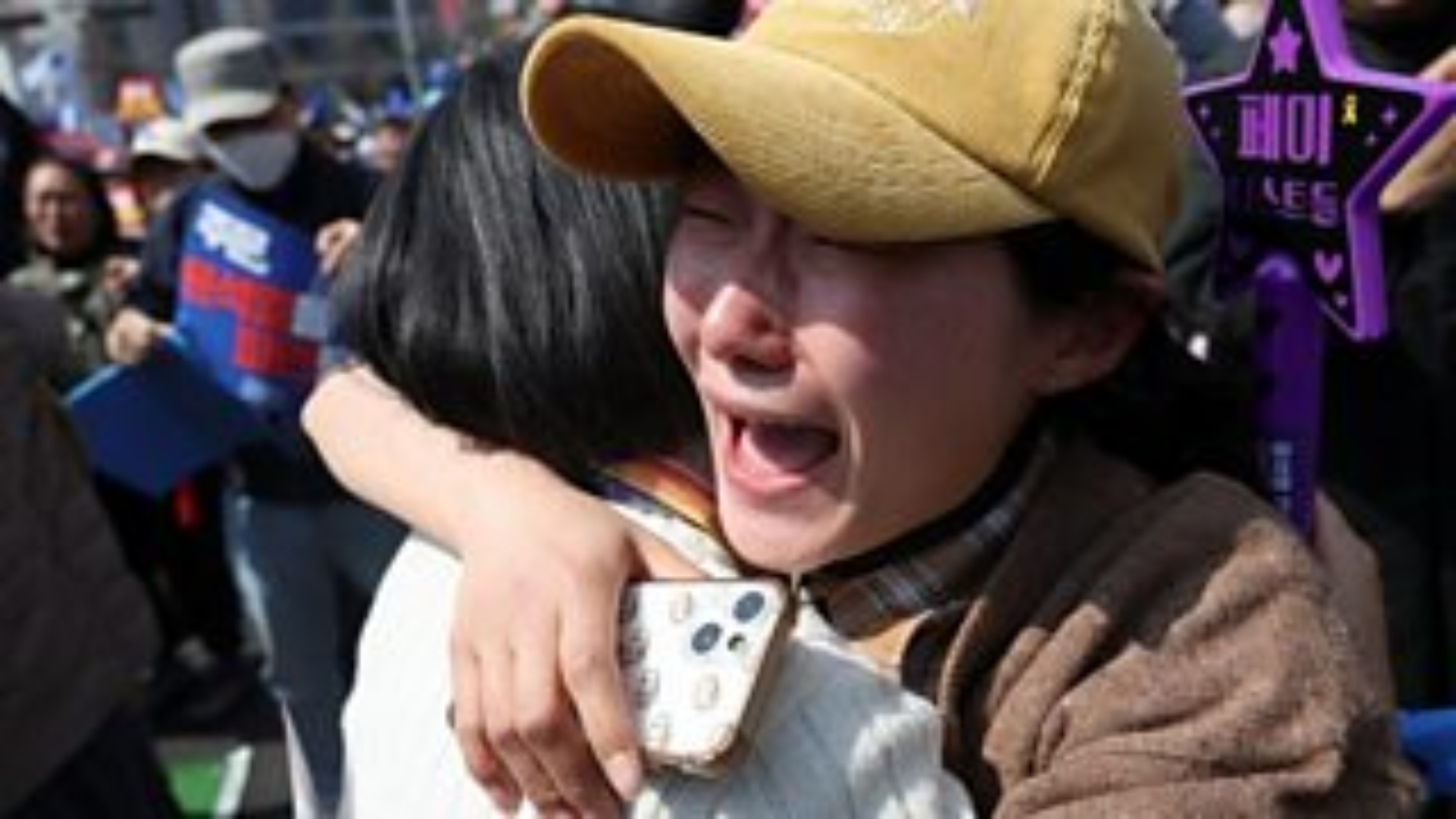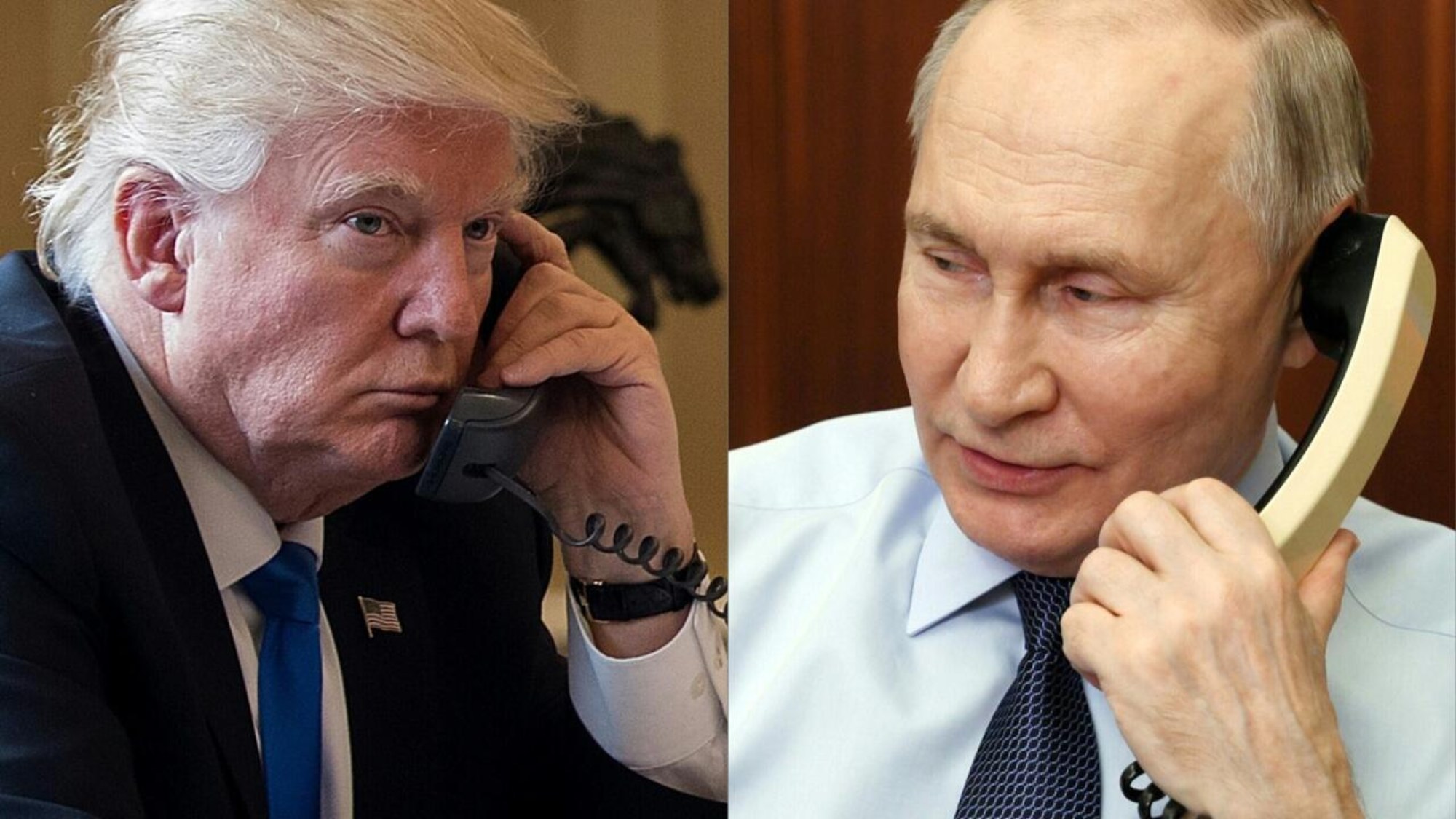Putin Pledges Support for North Korea against US Amid
Strengthening Ties
Russian President Vladimir Putin vowed on Tuesday to bolster
trade and security ties with North Korea and support it against the United
States, marking his first visit to the reclusive nuclear-armed country in 24
years.
The U.S. and its Asian allies are grappling with the extent
of Russia’s commitment to North Korean leader Kim Jong Un, whose country is the
only one to have conducted nuclear weapon tests in the 21st century. Indicating
a potential shift in Russia’s stance on North Korea, Putin commended Pyongyang
for standing firm against what he termed U.S. economic pressure, blackmail, and
threats.
In an article published by North Korean state media, Putin
praised "Comrade" Kim and pledged to "jointly resist
illegitimate unilateral restrictions," aiming to enhance trade and
strengthen security across Eurasia. "Washington, refusing to implement
previously reached agreements, continuously puts forward new, increasingly
stringent and unacceptable demands," Putin stated in the article featured
on the front page of Rodong Sinmun, the North Korean ruling Workers' Party
mouthpiece.
"Russia has always supported and will continue to
support the DPRK and the heroic Korean people in their opposition to the
insidious, dangerous, and aggressive enemy," Putin asserted. He
highlighted that the Soviet Union was the first to recognize the Democratic
People's Republic of Korea (DPRK), founded by Kim’s grandfather, Kim Il Sung,
shortly before the outbreak of the Korean War in 1950.
North Korean state media also published articles lauding
Russia and backing its military actions in Ukraine, describing them as a
"sacred war of all Russian citizens." Putin’s visit comes amid U.S.
accusations that North Korea has supplied "dozens of ballistic missiles
and over 11,000 containers of munitions to Russia" for the conflict in
Ukraine, concerns echoed by South Korea, a close U.S. ally.
The White House expressed alarm on Monday over the deepening
Russia-North Korea relationship, while the U.S. State Department voiced
certainty that Putin would seek arms support for his war in Ukraine. Both
Moscow and Pyongyang have denied arms transfers but have vowed to enhance
military ties, potentially including joint drills.
Russia, expected to outproduce the entire NATO alliance in
ammunition production this year, aims to underscore its disruptive potential on
global crises with Putin’s visit. In March, Russia vetoed the annual renewal of
a panel monitoring U.N. sanctions enforcement against North Korea's nuclear and
ballistic missile programs.
Yuri Ushakov, Putin’s foreign policy adviser, revealed that
Russia and North Korea might sign a partnership agreement during the visit,
encompassing security issues. While not aimed against any specific country, the
deal would "outline prospects for further cooperation." The visit is
set to include one-on-one discussions between the leaders, a gala concert,
state reception, honor guards, document signings, and a media statement, as
reported by Russia’s Interfax news agency.
Putin’s delegation includes prominent officials such as
Defense Minister Andrei Belousov, Foreign Minister Sergei Lavrov, and other key
ministers and agency heads. Satellite imagery suggests North Korea may be
preparing for a military parade in Pyongyang ahead of the summit.
Victor Cha, a former U.S. national security official now
with the Center for Strategic and International Studies, warned that this
summit poses the greatest threat to U.S. national security since the Korean
War. "This relationship, deep in history and reinvigorated by the war in
Ukraine, undermines the security of Europe, Asia, and the U.S. homeland,"
he wrote, urging Washington to collaborate with Europe and other partners to increase
pressure on Pyongyang.
Since 2006, North Korea has been under U.N. sanctions for
its ballistic missile and nuclear programs, with measures intensifying over
time. The Security Council remains divided on how to handle Pyongyang, with
Russia and China arguing against more sanctions and condemning U.S.-South Korea
military drills as provocative. They vetoed a U.S.-led initiative for
additional sanctions two years ago following renewed North Korean ballistic
missile launches.









.jpg)